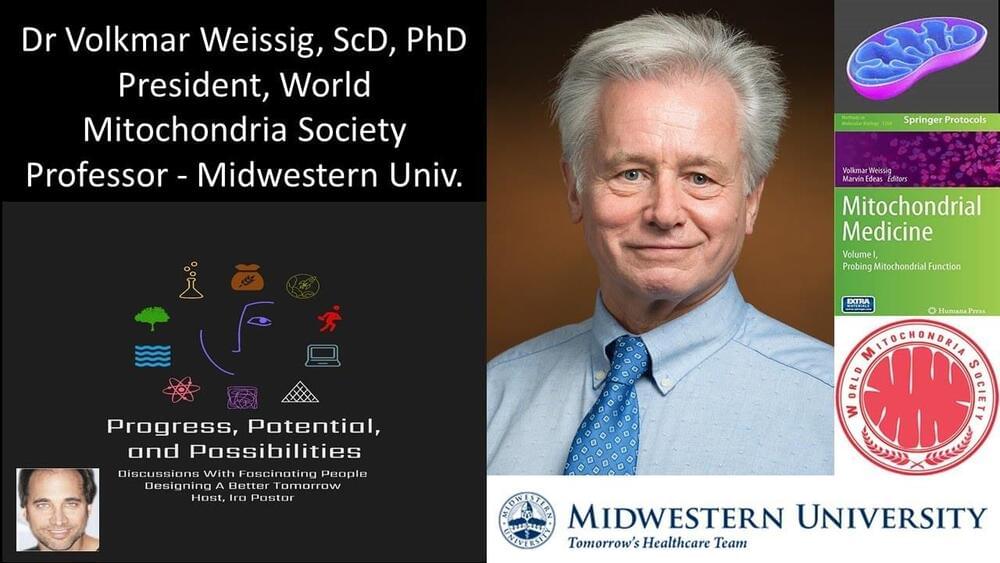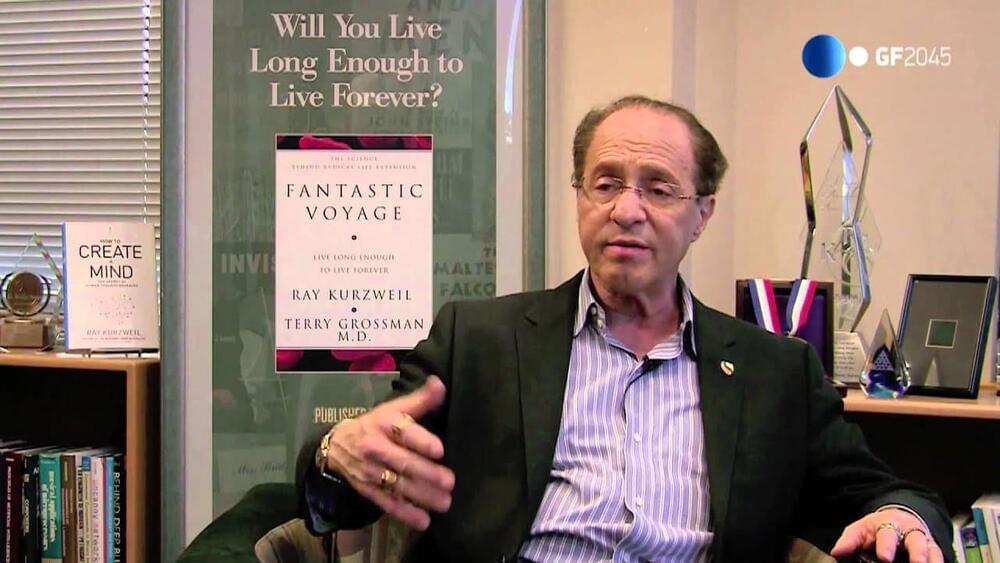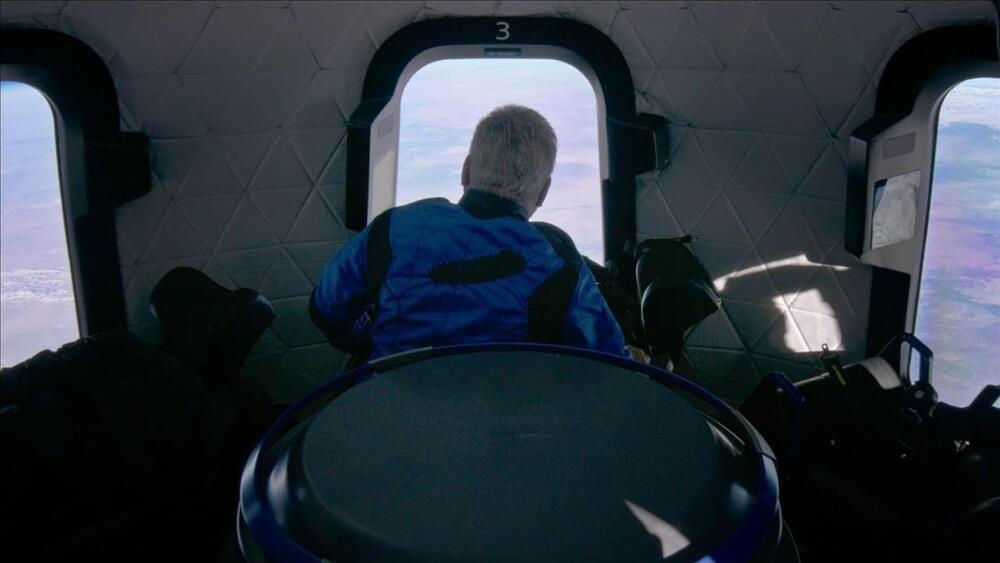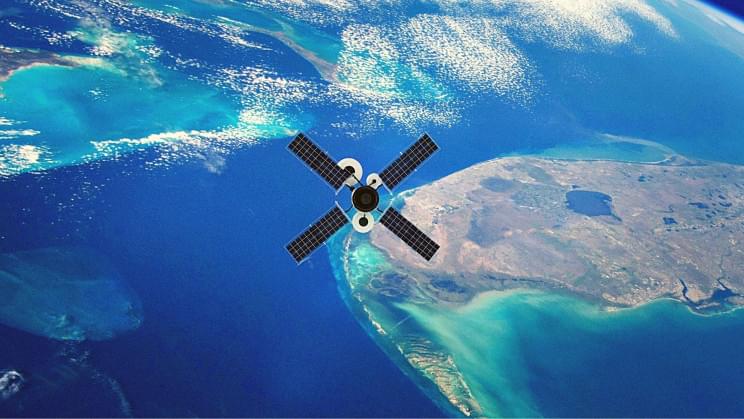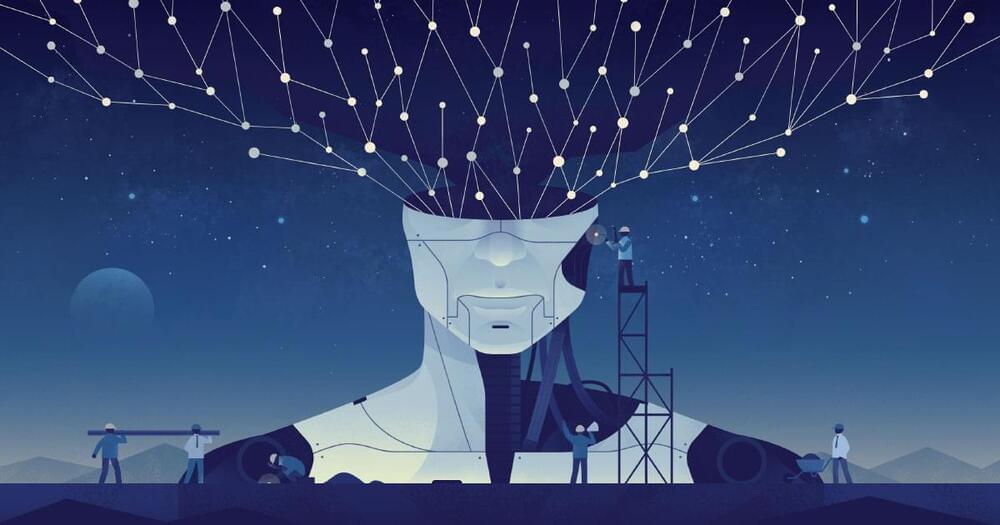Mitochondrial disorders, nano-medicine drug delivery, and innovative therapeutic interventions — dr. volkmar weissig scd, phd — president, world mitochondria society — professor, midwestern university.
Dr. Volkmar Weissig, Sc. D., Ph.D. is a Tenured Full Professor of Pharmacology, Chair of the Department of Pharmaceutical Sciences, and Co-Director of the Nanomedicine Center of Excellence in Translational Cancer Research, at Midwestern University, Glendale, AZ, USA.
Dr. Weissig received his B.S., M.S. and Ph.D. degrees in Chemistry, and his postdoctoral Sc. D. degree in Biochemistry and Pharmaceutical Biotechnology from the Martin-Luther University in Halle (Germany).
Dr. Weissig completed several years of postdoctoral fellowships at the Cardiology Research Center in Moscow (Russia), at the Academic Department of Medicine at the Royal Free Hospital School of Medicine in London (UK), at the Institute of Organic Chemistry at the Czechoslovakian Academy of Science in Prague (CSFR), at the College of Pharmacy and the College of Medicine at the University of Florida, Gainesville, FL, and at Harvard Medical School and Massachusetts General Hospital in Boston, MA.
Before joining the faculty at Midwestern University, Dr. Weissig was an Assistant Professor of Pharmaceutical Sciences at Northeastern University in Boston, MA.
